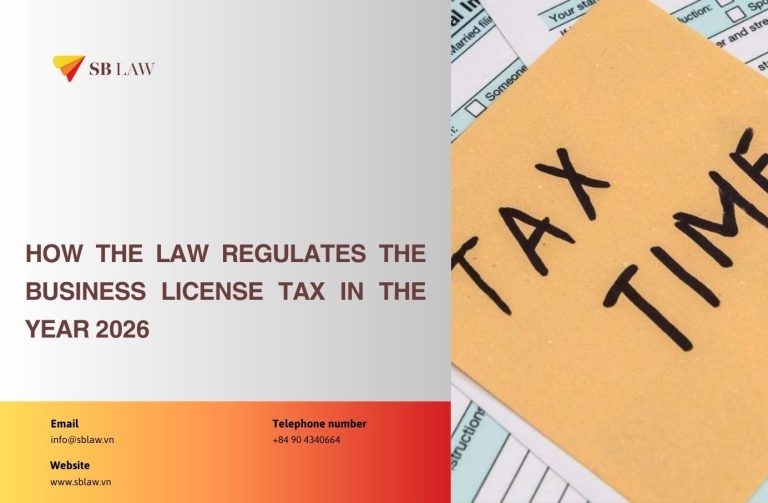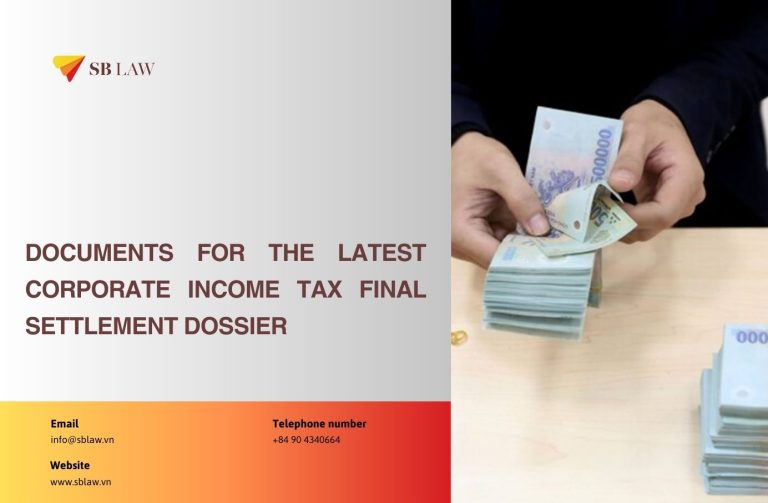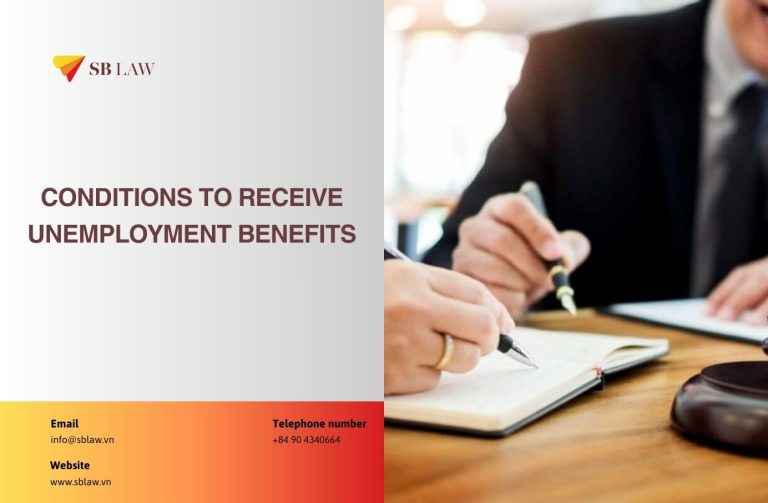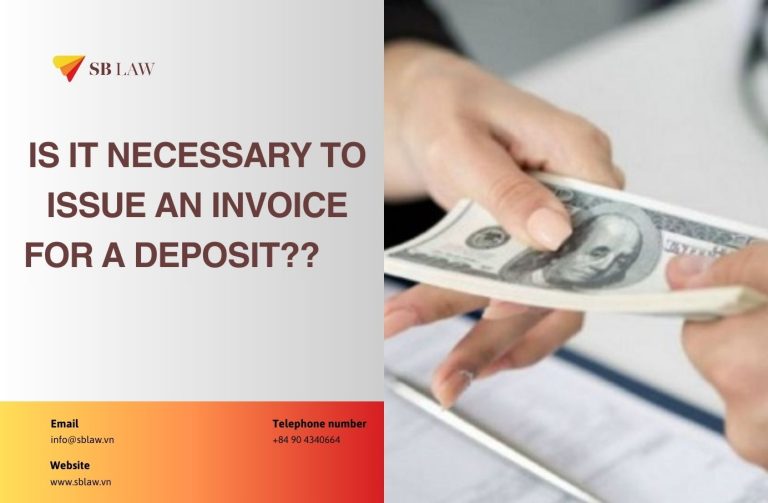Should we use PPA or leasing contracts in Vietnam and what is the rationale?
Power Purchase Agreement (PPA):
A PPA is a contract between the seller (the investor) and the buyer (typically the Vietnam Electricity Group - EVN), under which the investor supplies electricity from a solar energy project to the buyer at an agreed price, quantity, and term. PPAs are commonly used for large-scale projects (> 1 MWp), connected to the national grid, and are long-term in nature.
- Main Activities:
+ The investor builds and operates the solar energy project and sells electricity to the national grid or to large enterprise customers.
+ The system must comply with technical standards and be connected to the national grid.
+ Electricity prices are negotiated between the parties but are often limited by regulations imposed by the State or EVN.
- Advantages:
+ Stable revenue from electricity sales ensures capital recovery and long-term profitability.
+ Access to financing: large-scale PPA projects can easily secure funding from banks or financial institutions.
- Disadvantages:
+ The FiT pricing mechanism has expired, and new pricing has not been issued, making pricing difficult.
+ Dependence on EVN: EVN is the sole electricity purchaser for grid-connected projects.
+ Long payback period.
+ High connection costs, particularly in areas with overloaded power grids.
Leasing Agreement:
A leasing agreement is a contract where the investor provides a solar energy system (including installation, operation, and maintenance) to the lessee (businesses or households) to meet their internal electricity needs. The lessee pays a fixed monthly rental fee or a fee based on electricity consumption, instead of purchasing the entire system outright.
- Main Activities:
+ The investor installs the solar energy system at the customer's premises.
+ The system remains under the ownership of the investor.
+ The system does not require connection to the national grid, serving only the customer's internal needs.
+ The customer only pays the rental fee without initial investment, and the investor is responsible for system maintenance.
- Advantages:
+ Easy implementation: no national grid connection required, reducing procedures and costs, making solar energy more accessible for businesses or households.
+ Moderate investment: only rooftop installation and local connection are needed.
+ The investor and lessee can freely negotiate rental rates without being bound by State pricing mechanisms.
- Disadvantages:
+ Dependence on the customer's payment ability and electricity demand.
+ The investor bears the maintenance responsibility throughout the contract term => high maintenance costs.
+ Limited scale (typically < 1 MWp), suitable for small or medium-sized projects, and difficult to apply to large-scale projects.

Are there any restrictions or regulations regarding solar installations on rooftops in residential, commercial, or industrial buildings?
According to Decree No. 135/2024/ND-CP, which regulates mechanisms and policies to encourage the development of self-produced, self-consumed rooftop solar power:
Before Installation: It is required to notify the capacity and installation location to the Department of Industry and Trade and the local power utility. Compliance with regulations issued by construction management and fire safety authorities is mandatory.
For systems not connected to the national grid: There is no capacity limit, and such systems are exempt from obtaining an electricity operation license.
For systems connected to the national grid:
● Capacity below 100 kW: Only notification is required.
● Capacity from 100 kW to less than 1,000 kW: Submission of a design dossier and notification to the Department of Industry and Trade and the power utility are required.
● Capacity of 1,000 kW or more: It is mandatory to follow power planning procedures and obtain an electricity operation license if excess electricity is sold.
The system's capacity must align with consumption needs, and systems with an installed capacity of 100 kW or more must be equipped with devices and means for connection to monitoring, control, and data collection systems as per EVN's technical requirements.
Prohibited Actions During the Development and Operation of Self-Produced, Self-Consumed Rooftop Solar Power:
1. Developing self-produced, self-consumed rooftop solar power systems in violation of the provisions of this Decree.
2. Constructing, installing, or operating capacity exceeding the capacity notified or registered with the competent authority for self-produced, self-consumed rooftop solar power systems connected to the national grid.
3. Failing to comply with dispatch orders from the levels of the power system’s dispatching authority.
What are the procedures and requirements for connecting to the national grid? How’s the price determined?
First, regarding the process and conditions for connecting to the national grid:
Conditions for issuing the registration certificate for the development of rooftop solar power connected to the national grid:
1. Registration documents for the development of self-produced, self-consumed rooftop solar power
2. Unified document from the local electricity unit
3. Meeting the capacity condition of 1,000 kW or more
● In case of selling excess electricity to the national grid, the capacity must be in accordance with the capacity allocation plan for development in the local area as stated in the planning and implementation plans
● If no excess electricity is sold to the national grid, the registration for installation of anti-backfeeding devices into the national grid is required.
Regarding the process: Organizations or individuals registering for the development of self-produced, self-consumed rooftop solar power connected to the national grid shall submit documents as stipulated in Article 10 of Decree 135/2024/ND-CP and submit them in one of the following ways:
1. Submit documents directly to the receiving agency's office (provincial Department of Industry and Trade)
2. Send documents by mail
3. In case of submitting documents via the electronic portal of the receiving agency, the submission shall be conducted through the online public service system.
The receiving agency will process the documents and return the results. If the documents are complete and valid, the registration certificate will be issued within 10 days. Finally, the agency will send the documents to the electricity unit to check for overload conditions and capacity compliance, waiting for feedback within 7 days.
Second, regarding the electricity price when connecting to the national grid:
According to item b, Clause 7, Article 8 of Decree 135/2024/ND-CP:
"Article 8. Incentive Policies
7. Rooftop solar power systems for self-production and self-consumption connected to the national grid with capacity according to the development plan and implementation plan and rooftop solar power systems for self-production and self-consumption connected to the national grid for households or individual homes with a capacity of under 100 kW, if excess electricity is not consumed, may sell the excess electricity to the national grid, but not exceeding 20% of the installed capacity:
...
b) The electricity sale price for the excess electricity generated and fed into the national grid will be the average electricity market price of the previous year as announced by the system operator and electricity market operator, in order to ensure appropriate incentives during each development phase of the national electricity system;"
Thus, the price of excess electricity connected to the national grid in 2025 will be calculated based on the average electricity market price for 2024 as announced by the electricity market. From October 2024, according to Article 2 of Decision No. 2699/QD-BCT by the Ministry of Industry and Trade, the retail electricity price is set at 2,103.1159 VND/kWh.
What environmental regulations should be considered when setting up solar projects?
- Regulations on Environmental Impact Assessment Reports: According to Decree 135/2024/ND-CP, agencies/organizations registering for the construction, operation, and installation of self-produced, self-consumed rooftop solar power must submit a dossier that includes an environmental impact assessment/report, environmental protection plan, and environmental permits. This is the basis for determining that the construction project has been invested in and built in compliance with legal regulations.
- Regulations regarding the disposal of solar panels:
According to Circular No. 18/2020/TT-BCT on project development and model power purchase agreements for solar projects, the responsibility of the solar project investor is to collect, dismantle, and restore the site, and to be responsible for the treatment of all materials, equipment, and waste arising from solar power projects during construction, operation, or upon project completion for grid-connected solar projects or rooftop solar systems. Therefore, the responsibility for disposing of faulty or discarded solar panels lies with the solar project investor.
In addition, the 2022 Environmental Protection Law and Circular No. 02/2022/TT-BTNMT also stipulate that manufacturers of products included in the specified categories must retrieve discarded products they have sold in the Vietnamese market and organize the disposal of the retrieved discarded products according to waste management regulations. This includes methods such as direct disposal, transfer to domestic waste management units with appropriate functions, export for treatment, recycling, or reuse, or other methods as per regulations.
Discarded solar panels are managed according to waste management regulations. In this context, the waste generator is responsible for classifying waste from solar panels in accordance with the National Technical Regulations on hazardous waste thresholds to manage it appropriately (QCVN 07-2009/BTNMT).
Currently, regulatory agencies encourage investors to implement solar power projects, develop clean energy, and renewable energy, and encourage manufacturers and distributors to retrieve expired solar panels for recycling, reuse, and waste reduction.
|




